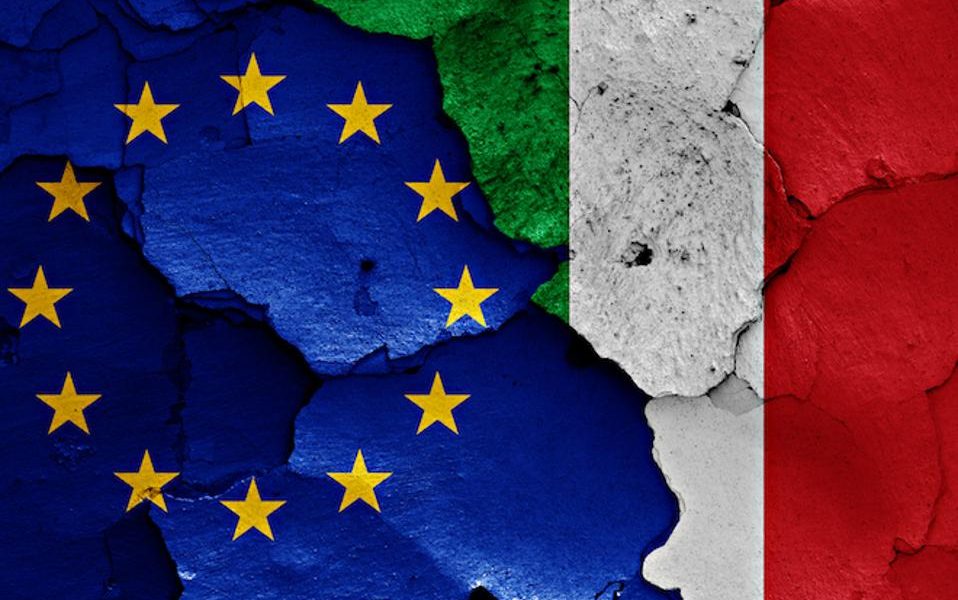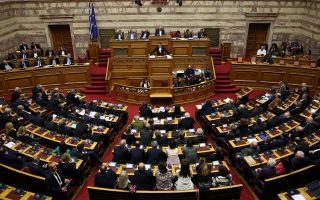Tsipras’s Italian conundrum

Uncertainty has returned to the European Union and the eurozone – after having first emerged with Greece’s bankruptcy and rescue in 2010-12 and the Tsipras-Varoufakis antics in 2015 – due to the political instability in Italy. And with Greece’s economy representing a tiny fraction of the European GDP, Italy is no Greece. It is Europe’s third largest economy – almost 10 times that of Greece.
Moreover, at 2.4 trillion euros, its public debt is seven times that of Greece and a large part of it – almost 26 percent – is to European banks.
A plausible consequence of this erratic political situation in Italy – which could get worse if new elections give a boost to anti-European parties – is the jitters of international markets and the collateral damage to the eurozone’s weaker economies. In the last few days there has been a leap in the prices of Italian and Greek bonds.
However, a collapse of Italian banks, either due to a massive Greek-style capital outflow in the pre-election period or through the country’s inability to meet its obligations, could become a powder keg for all of Europe. And this therefore obliges the political leadership of other EU countries to prepare for the worst.
The conclusion is that the way things have turned out, the Tsipras government’s hopes for Greece’s seamless exit from its bailout program in August and generous debt relief from Germany seem to have been dashed. It is almost impossible to expect Greece’s lenders to show their generosity when darker days are around the corner.
Under these circumstances, the Tsipras government’s insistence on refusing a precautionary credit line – clearly in a bid to fish for votes – that will defend Greece from speculative attacks against its bonds is very dangerous.
In other words, it cannot be ruled out that if the government persists with its political games we might have a repeat of 2015 – namely that SYRIZA’s thirst for power will lead the country to a situation where it will be unable to borrow money due to high interest rates and inevitably be forced to sign another memorandum or even leave the euro.
This time, however, there will no scope for flip-flopping after the fact.





